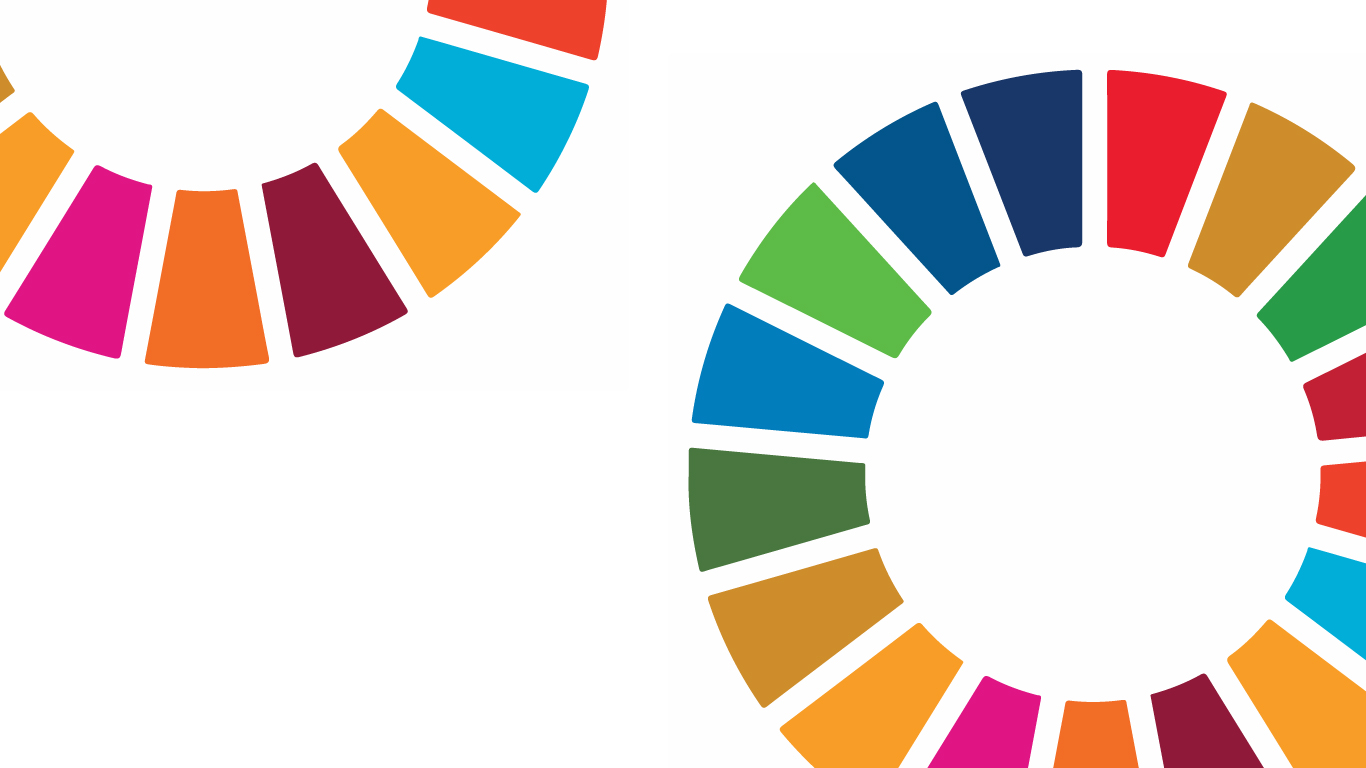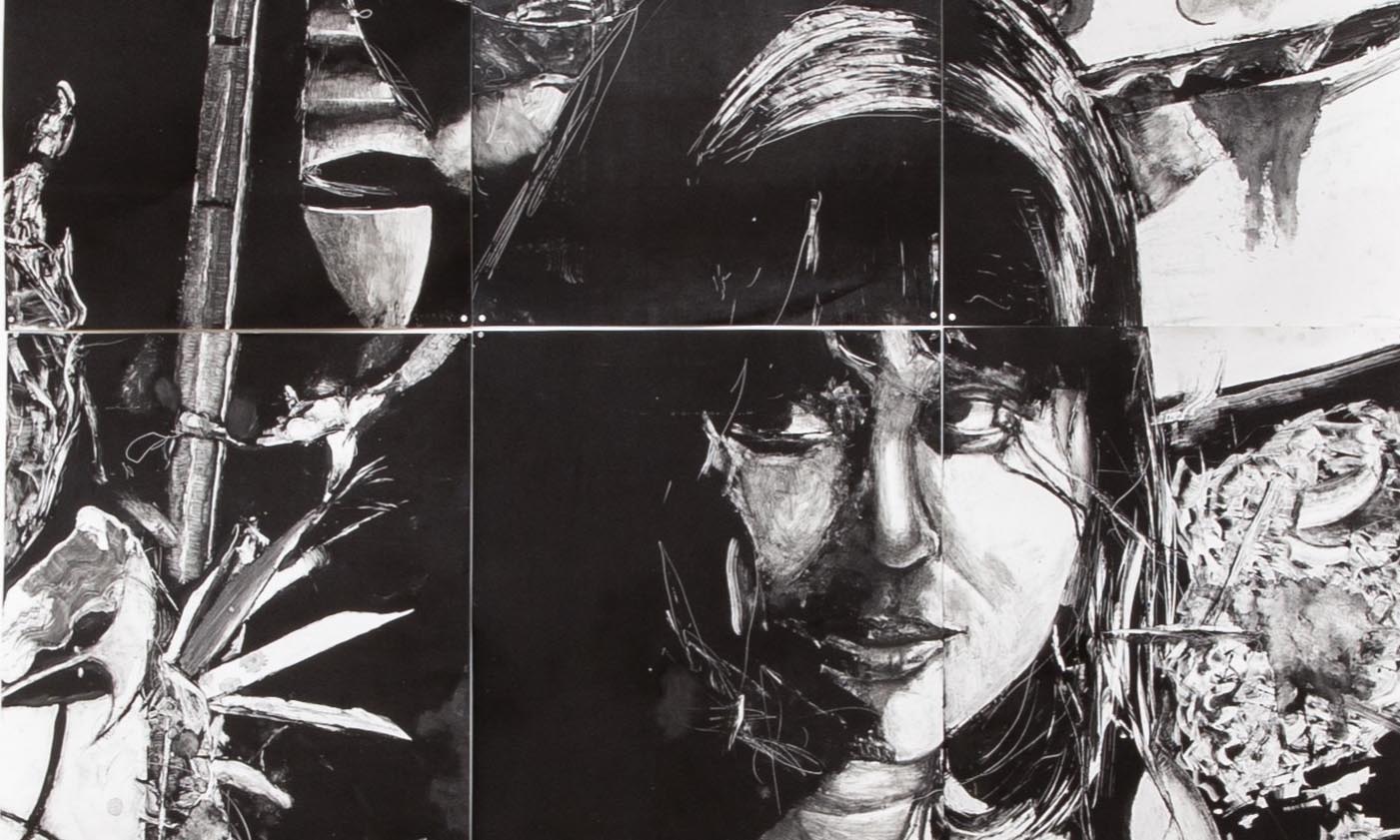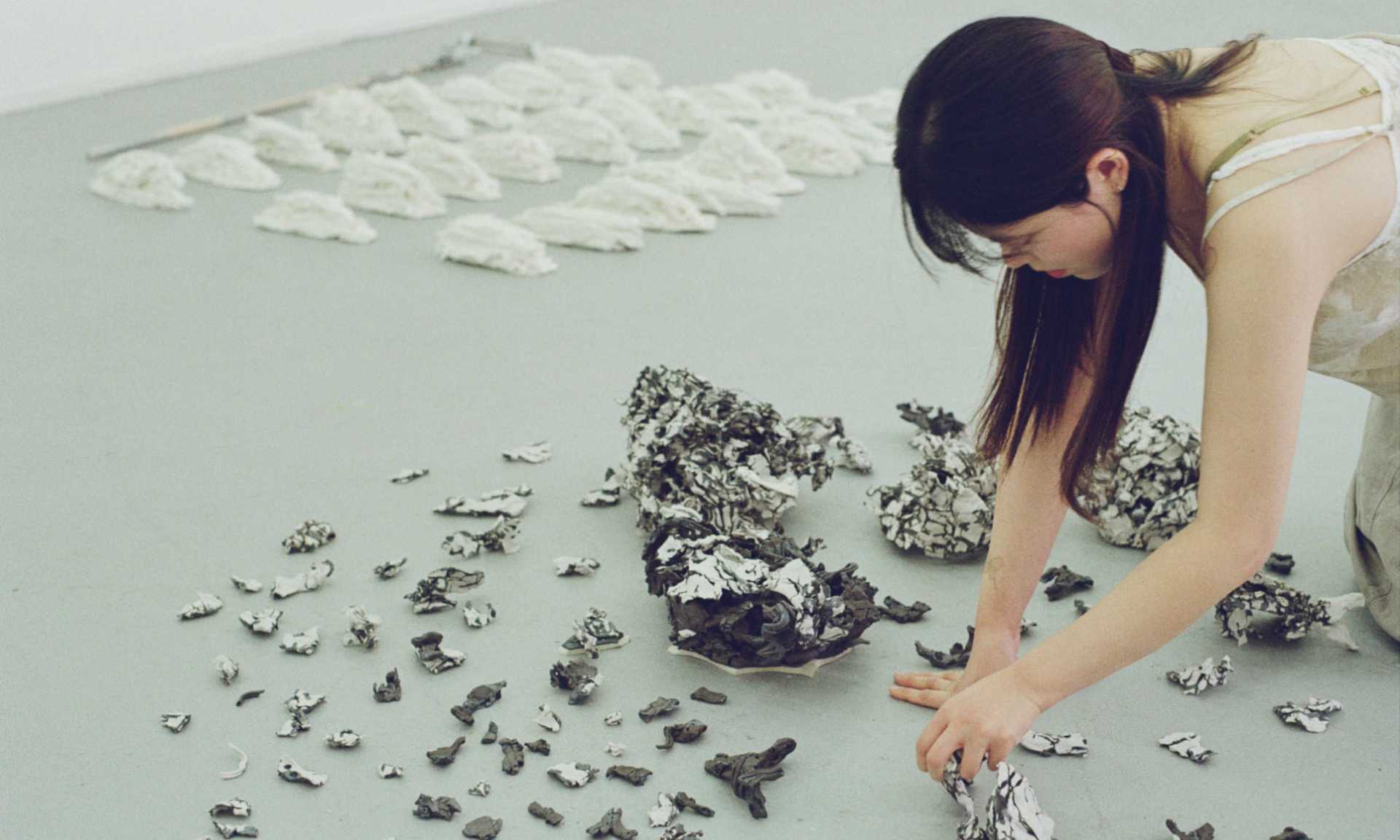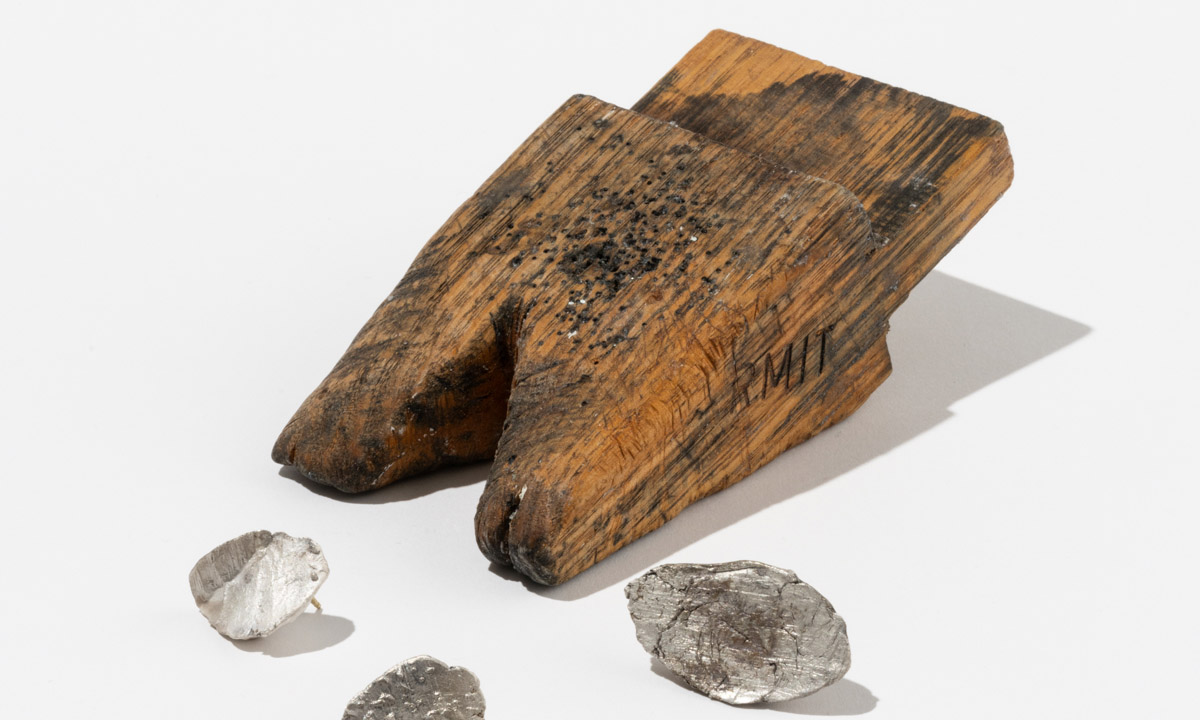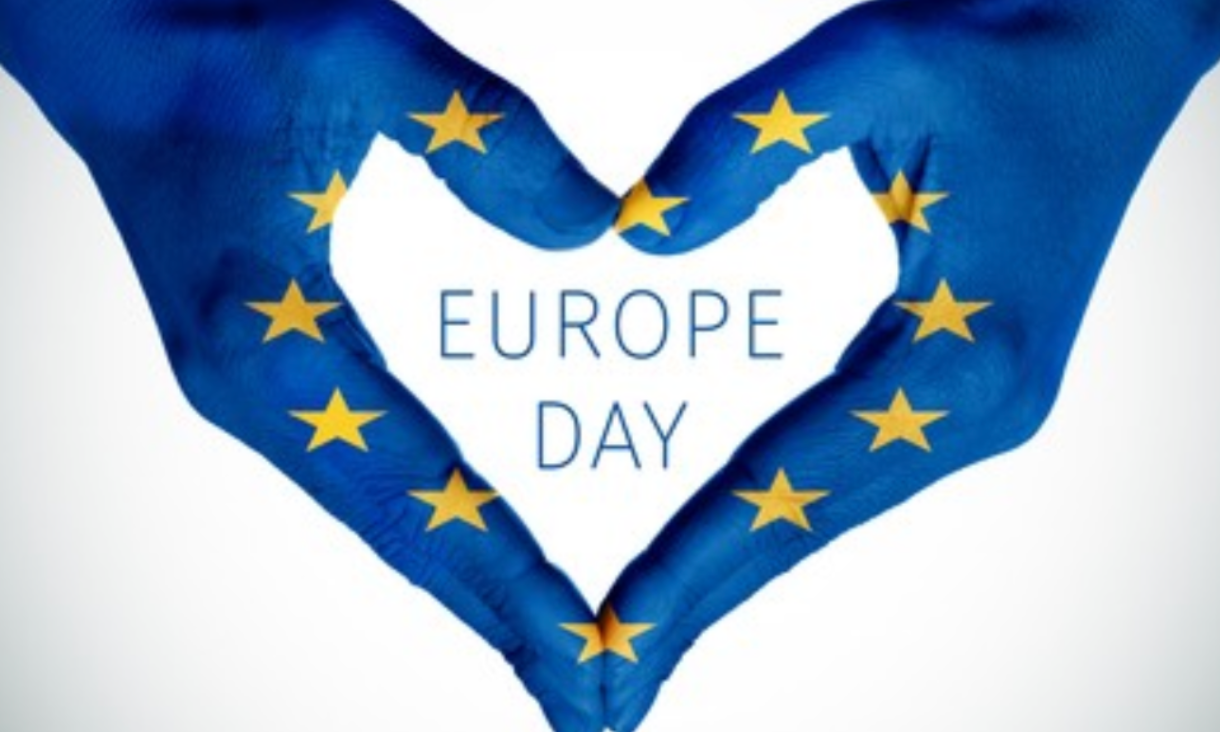Panellists
Associate Professor Wendy Steele, Centre for Urban Research, RMIT University
Wendy Steele is an Associate Professor in Sustainability and Planning located in the Centre for Urban Research (CUR). Her research focuses on wild cities in a climate of change with current projects on critical infrastructure, climate adaptation at the local scale, metropolitan governance, and new directions in planning theory. She is the co-convenor of the Critical Urban Governance Research Program at RMIT and sits on the international editorial board for the Urban Policy and Research and Sustainability journals.
Associate Professor Jerry Courvisanos, Federation Business School
Jerry has taught economics for 40 years in various universities in Australia, while advising local councils, regional development boards and social service organisations on effective approaches to identifying economic strengths and establishing new activities. As an economist, his approach to research begins with three significant problems in economies, that being ecology decay (climate change and natural degradation),fragility of business development in peripheral regions, and business volatility. With these crises, the aim is to build theoretical and policy approaches to innovation and its investment in firms and communities that result in resilient and sustainable development.
Professor Bruce Wilson, Director, EU Centre, RMIT University
In his role as Director of the EU Centre, Bruce provides insights to and leads research and debate on EU-Australian relations, encouraging mobility for staff and students, and for building partnerships between Australian universities and organisations and their European counterparts. He leads all of the EU Centre's major projects. He has had long experience in working with all levels of government on organisational and social change, and is committed to linking researchers and policy makers with city and regional governments in policy formation related to social and economic policy, innovation, lifelong learning and environment. He was a founding Co-Director of Pascal International Observatory.
Accessibility information
An accessibility/mobility access map is available to download here (please scroll to the end of the webpage). RMIT's Building 1 can be accessed via the adjacent Building 21. Gender neural bathrooms are available at the venue. Please do not hesitate to contact us if you would like further information.
About the Jean Monnet Sustainable Development Goals Network
The Jean Monnet SDG Network brings together researchers from the EU Centre at RMIT University, the National Centre for Research on Europe, the University of Canterbury (NZ), The University of Glasgow, the Centre for European Studies, Australian National University (ANU), and the European Union Centre in Singapore (NUS).
The Network formalises relationships amongst researchers, policy think tanks and Non-Government Organisations who share a primary interest in enhancing the effective contribution of the EU to the implementation of the Sustainable Development Goals (SDGs) in the Asia Pacific. By strengthening collaboration amongst researchers and policy makers, the Network promotes a more effective evidence-base for EU institutions to engage with nations in the region to implement the SDGs. Its core question is: how can European Union integration be more effective in supporting the implementation of the SDGs in Asia and the Pacific than would be possible for individual Member States? How can this role be developed further?
Presented by the EU Centre and Social and Global Studies Centre at RMIT University. The Jean Monnet SDG Network is co-funded by the Jean Monnet Activities Erasmus+ Programme of the European Union. Project number: 587660-Epp-1-2017-1-AU-EPPJMO-NETWORK.
The European Commission's support for the production of this publication does not constitute an endorsement of the contents, which reflect the views only of the authors, and the Commission cannot be held responsible for any use which may be made of the information contained therein.
